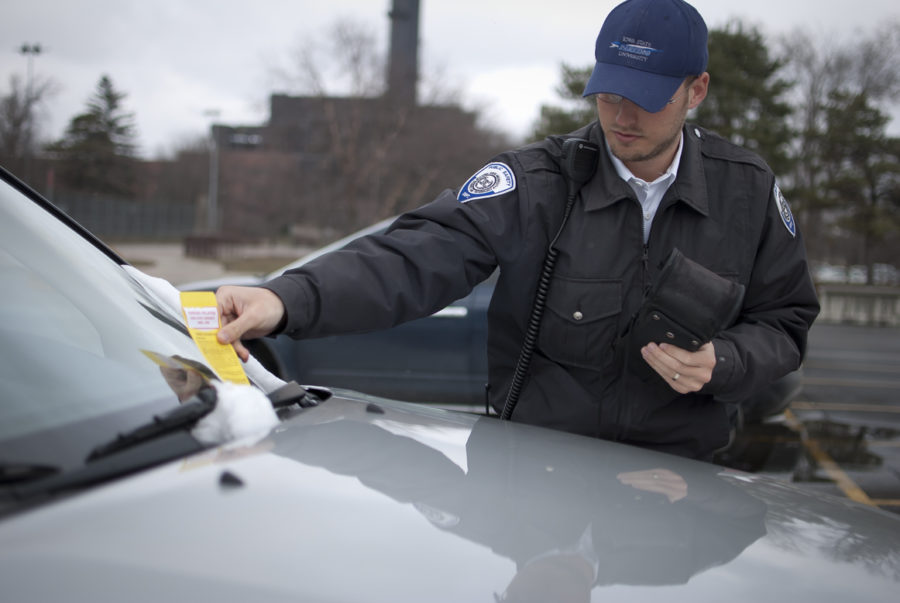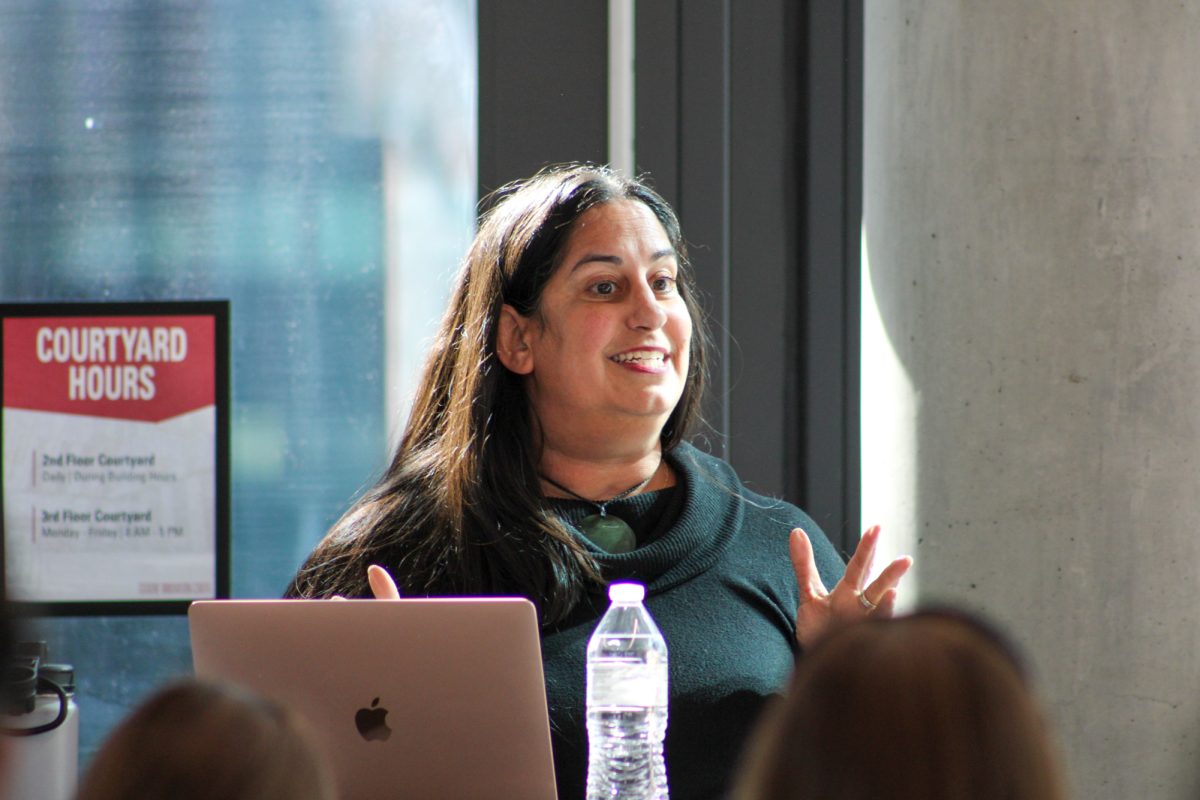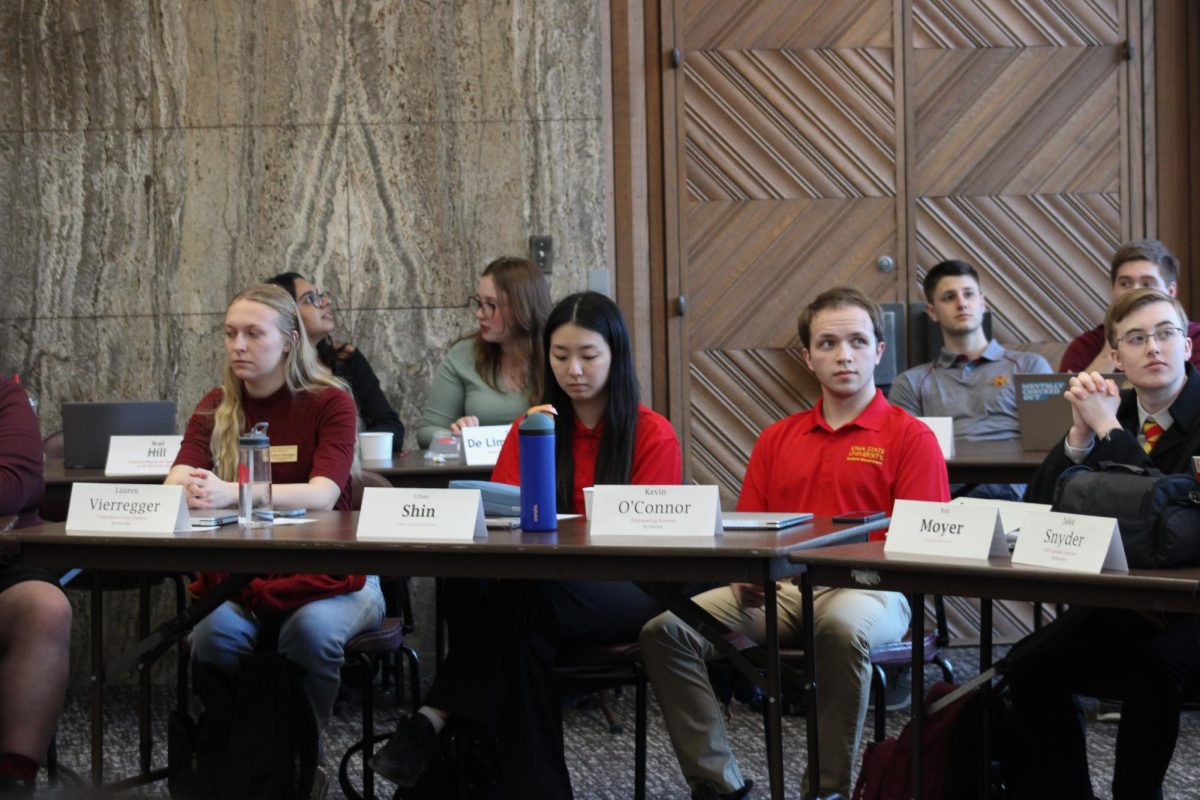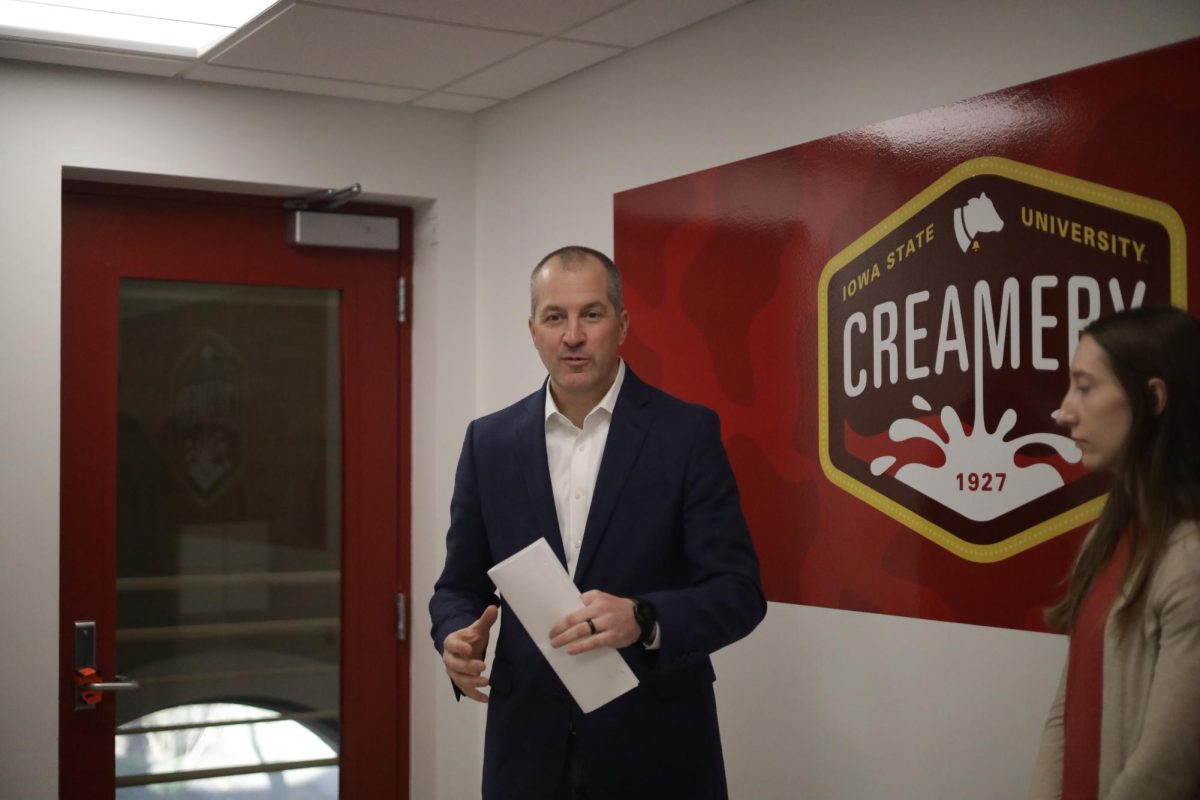Editorial: Ticket prices and the parking myth
appeal parking ticket
September 3, 2018
Benjamin Franklin once said that “in this world nothing can be said to be certain, except death and taxes.” If Franklin had attended Iowa State, he probably would have added parking tickets to the list.
As students started to come back to campus this year, they may have noticed white signs displaying the new parking fees or realized their parking tickets were higher than normal. College students aren’t made of money, so some might be feeling the new fines more than others. But isn’t that the point?
Tickets are supposed to be a deterrent. If parking tickets were lower, everyone would park where they want and just pay the small fee. According to Mark Miller, ISU parking director, though the official data is still being collected, the amount of permit holders calling about “someone being in their spot” has gone down drastically since this time last fall.
This increase in fines didn’t come out of nowhere. “Permit holders were very vocal,” Miller said. After a long discussion, the Transportation Advisory Council (TAC) decided a ticket increase would help deter parking spot thieves.
What about the myth that if your car isn’t registered in the system, you don’t have to pay the ticket? Why should someone with an unregistered car care about the new higher fees?
The parking policy states that “sanctions may be assessed against the owner or operator of the vehicle involved in each violation or against any person in whose name the vehicle is registered or parking privileges have been granted and charged to the violator’s university account.”
But how would ISU Parking know that your car is tied to you, and then your university account?
ISU Parking currently uses a government system to pull registration data from a car’s plates or vehicle identification number (VIN). So unless you remove your plates or hide your VIN, ISU will know its you. They then send the parking ticket to whoever the car is registered to, which according to Miller, is often the parents.
Yet, there are students who will still roll the dice. “We don’t catch everyone every time,” Miller said.
In the end, if you don’t want a parking ticket, don’t park where you’re not supposed to.







